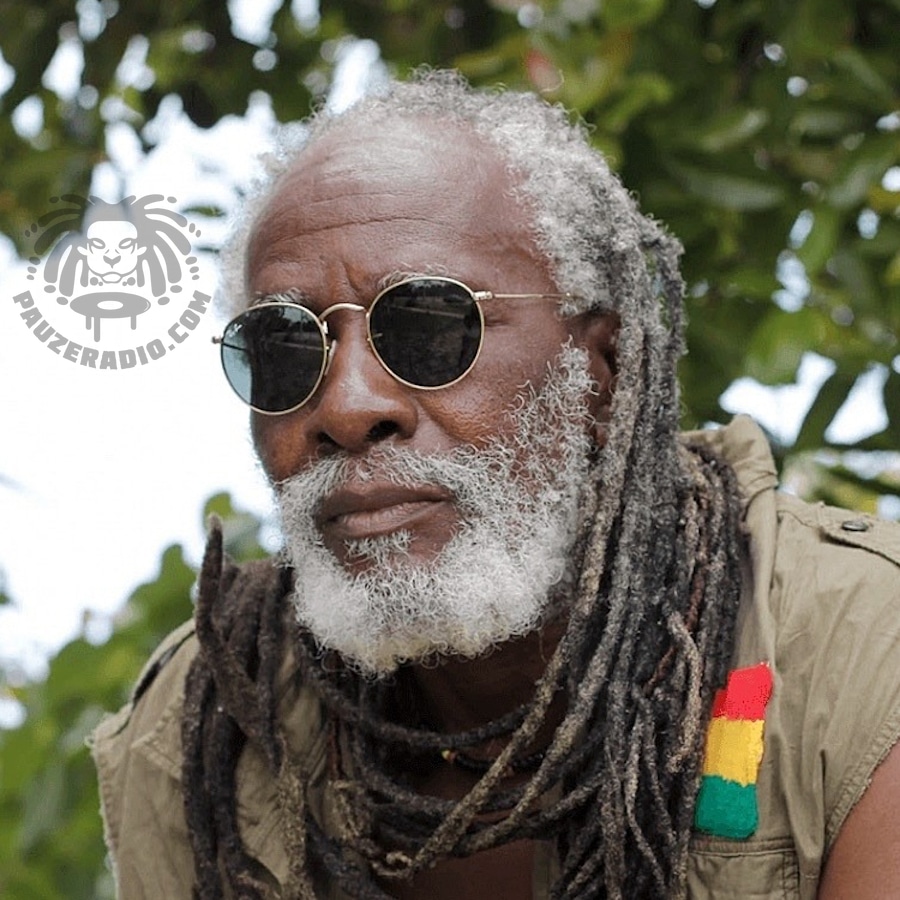
Burning Spear
Burning Spear Biography: Unraveling the Legacy of Winston Rodney.
Early Life and Influences
Winston Rodney, famously known as Burning Spear, was born on March 1, 1948, in Saint Ann’s Bay, Jamaica. Growing up in a rural community, Rodney was deeply influenced by the sounds of traditional Jamaican music, particularly the spiritual rhythms of Nyabinghi drumming and the soulful melodies of gospel music. However, it was the teachings of Marcus Garvey, the revered Pan-Africanist leader, that would profoundly shape Rodney’s worldview and musical direction. Garvey’s messages of black pride, self-reliance, and liberation resonated deeply with Rodney and would later become central themes in his music.
Emergence in the Reggae Scene
Rodney’s musical journey began in the late 1960s when he moved to Kingston, the heart of Jamaica’s music industry. Inspired by the burgeoning reggae movement and the socially conscious lyrics of artists like Bob Marley and Peter Tosh, Rodney began to pursue music as a means of expressing his own convictions. Taking on the stage name Burning Spear, a reference to a military honour bestowed upon Jomo Kenyatta, the first President of Kenya, Rodney embarked on a mission to use his music as a tool for cultural and social activism.
Breakthrough with “Marcus Garvey” and Roots Reggae Movement
In 1973, Burning Spear released his seminal album, “Marcus Garvey,” produced by the legendary Jack Ruby. The album, named after Rodney’s idol and mentor, Marcus Garvey, marked a turning point in reggae music. With its potent blend of spiritually charged lyrics, pulsating rhythms, and Rodney’s distinctive vocals, “Marcus Garvey” became an instant classic, catapulting Burning Spear to international acclaim. Songs like “Slavery Days,” “The Invasion,” and the titular track “Marcus Garvey” became anthems of the burgeoning roots reggae movement, celebrating African heritage and calling for social justice and equality.
Artistic Evolution and Continued Success
Throughout the 1970s and 1980s, Burning Spear continued to release a string of groundbreaking albums, each further solidifying his status as a luminary of reggae music. Albums like “Man in the Hills” (1976), “Social Living” (1978), and “Hail H.I.M.” (1980) showcased Rodney’s evolution as a songwriter and performer while maintaining his unwavering commitment to his Rastafarian faith and cultural heritage. Burning Spear’s music transcended boundaries, resonating with audiences worldwide and earning him accolades for his authenticity and sincerity.
Legacy and Impact
Burning Spear’s influence extends far beyond the realm of music. He was not only a pioneer of roots reggae but also a cultural ambassador, using his platform to raise awareness about issues affecting marginalised communities and to promote the principles of peace, love, and unity. His music continues to inspire generations of artists and activists, serving as a reminder of the power of music to effect positive change in the world.
Honours and Recognition
Over the course of his illustrious career, Burning Spear received numerous awards and honours, including a Grammy Award for Best Reggae Album in 2000 for his album “Calling Rastafari.” He was also bestowed with Jamaica’s Order of Distinction in 2007 for his contribution to the country’s music industry.
Conclusion
Winston Rodney, aka Burning Spear, remains an enduring figure in the annals of reggae music. His legacy as a cultural icon, social activist, and musical visionary continues to inspire and resonate with audiences worldwide, ensuring that his message of love, unity, and liberation will endure for generations to come.
Do you need a biography, review or press release? Book our services for your latest release here.
Burning Spear Biography by Gav Pauze / Pauzeradio PR Services (7th February 2024)



